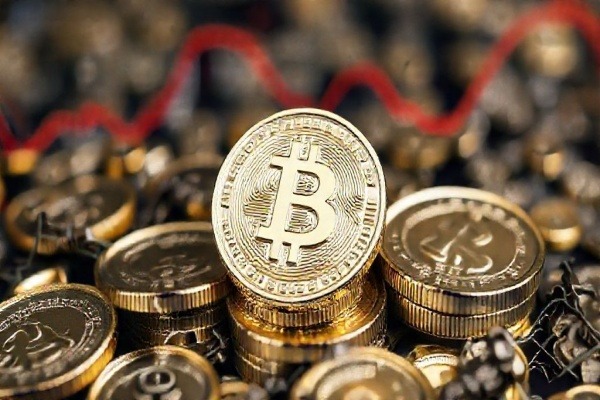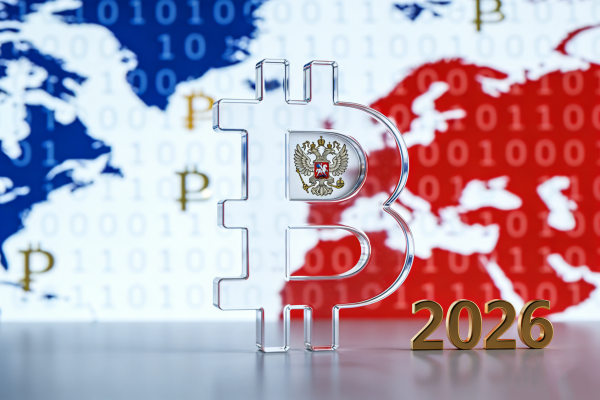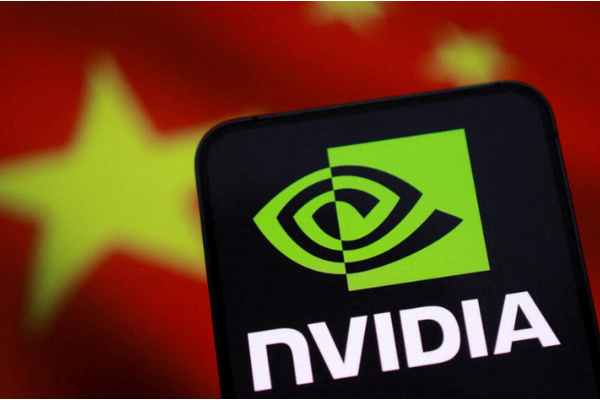From real estate to blockchain: The rise of crypto behind Trump’s net worth
It is reported that the wealth structure of US President Trump is undergoing a significant transformation. Although his overall net worth has only slightly declined from about $6.5 billion on election day in 2024 to $6.4 billion at present, there has been a major reorganization of his assets, especially in the field of cryptocurrency. Data shows that Trump has injected at least $620 million into his asset portfolio through multiple cryptocurrency investment projects, which marks that his new growth curve outside the traditional real estate empire is gradually taking shape.
Trump has always been widely known as a real estate tycoon. From Manhattan high-rises to golf courses to brand licensing businesses, his business portfolio has been known for stable cash flow and asset preservation for many years. However, against the backdrop of the rise of the digital economy, he is clearly aware of the high growth potential of blockchain and crypto assets. In the past two years, he has invested intensively in a series of cryptocurrency-related projects, including supporting the issuance of MAGA coins, Web3 infrastructure construction with family members, and holding a large amount of Bitcoin and other assets through special purpose entities. These investments not only give his asset portfolio greater flexibility, but also give him more say in the process of US digital financial policy making.
Analysts pointed out that Trump's crypto bet is not an isolated act, but is closely linked to his fintech policy during his second term. With his support, the US stablecoin regulatory bill has been gradually promoted, and multiple DeFi and digital asset projects have been relaxed. And his family members are also actively deploying in digital asset trading, Web3 social platforms, tokenized RWA and other directions, further amplifying the proportion of crypto assets in the Trump family's wealth.
Although the volatility of crypto assets is much higher than traditional real estate, Trump does not seem to be worried. He has repeatedly expressed his recognition of the "revolutionary potential" of digital assets in public and regarded them as part of US financial innovation. Bloomberg pointed out that Trump's shift reflects a broader trend - that high-net-worth people around the world are reconfiguring their assets and embracing a digital economy with growth resilience.









